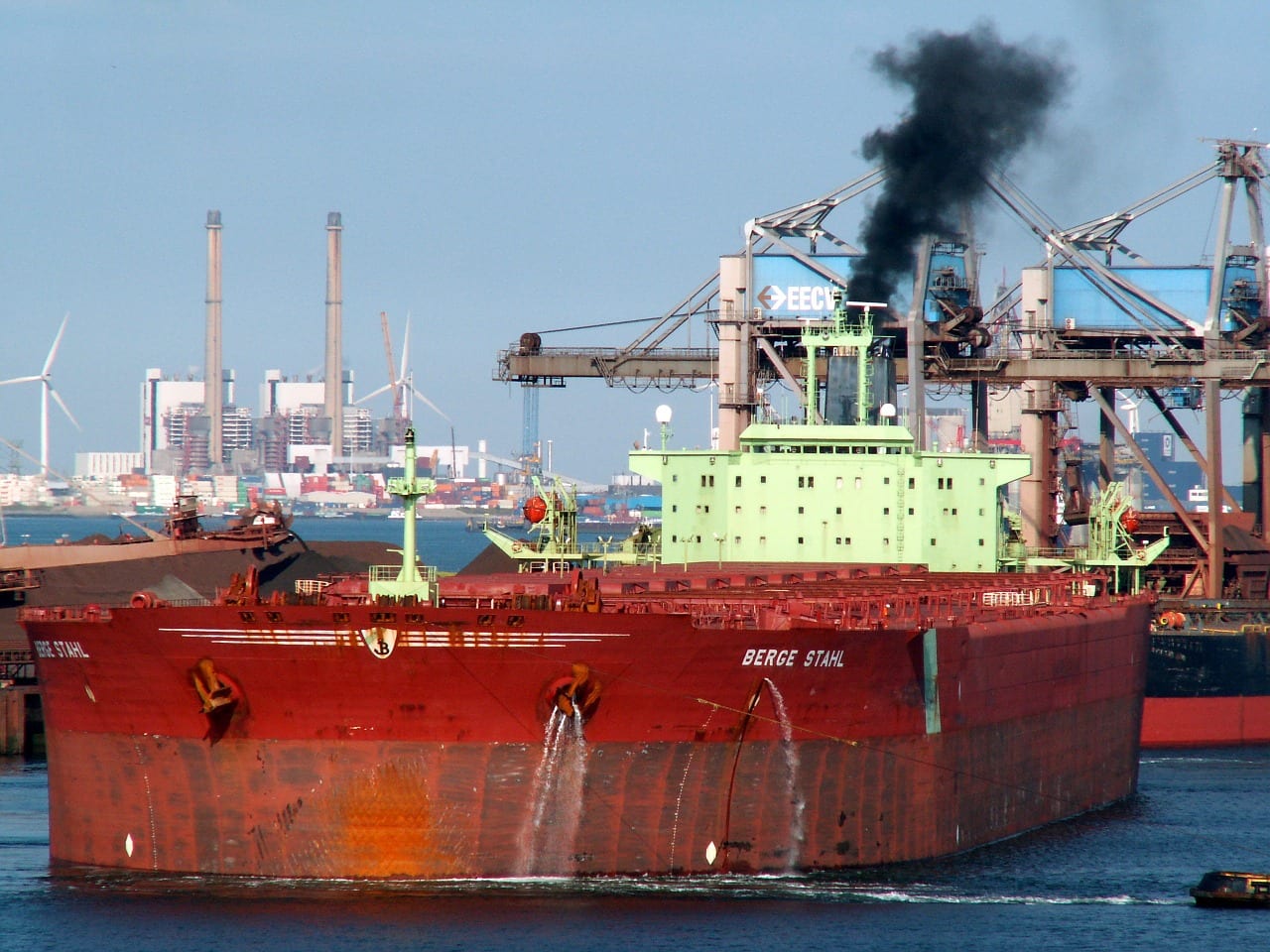Stakeholder Engagement Study: What are the social issues affecting wind energy deployment?
By ucftjm3, on 6 July 2017
REAccept is a project aiming to improve the social acceptance representation of our energy system models, starting with onshore wind energy and highRES[1], funded by the BSEER Strategic Development Fund and wholeSEM. Our initial scoping exercise took run from May through June culminating in a stakeholder workshop on 22nd June in Cambridge.
The core concept of the project is to tackle social acceptability without pinning it down to familiar themes in the literature. This meant designing a workshop where the participants were in the driving seat from the start, framing the discussion the way that suited them. With the ultimate aim of getting quantifiable results to then apply to the model, this was a challenge.
Our stakeholders included representatives from local planning authorities, the county council, local environmental groups, national NGOs, wind energy developers, and a community energy scheme. The group took part in a series of exercises designs to first elicit the issues, then to create a categorisation, assign priorities, and finally to dig deeper into the top priorities. The final session involved an in depth discussion of the nature of the problem at hand, who it affects, how flexible they may be and what could be changed about the wind energy project to reduce the impact.
Discussions revealed that challenges facing on-shore wind energy are complex and multi-faceted. Key issues to emerge were reductions in house prices, visual impacts, threats to habitats and natural beauty; however, these proved very difficult to quantify in practice due to the site-specific nature of many of those impacts.
We will be writing up the outcomes of the workshop to feed into a larger proposal.
Our thanks go to all the participants of our workshop for the highly informative afternoon!
Andy Moore
On behalf of REAccept
Dr Gesche Huebner
Dr Marianne Zeyringer
Dr Julia Tomei
Oliver Broad
Dr James Price
Andy Moore
[1] http://www.ucl.ac.uk/energy-models/models/highres
 Close
Close











